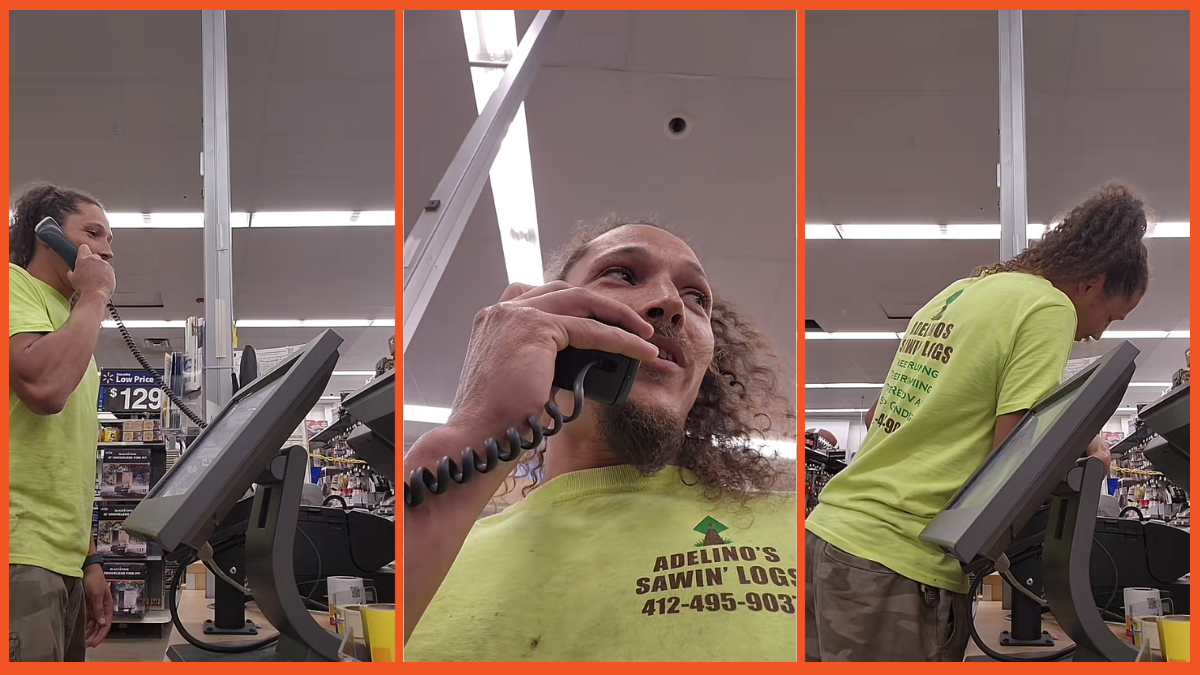You might have noticed a trend in big retail stores like Target and Walmart: more products are being locked up behind glass cases. This change can be incredibly frustrating for shoppers. Now, picking up a simple item like deodorant or toothpaste often requires tracking down an employee to unlock the case.
The Hassles of Locked Products
Many customers find themselves wandering the aisles, trying to find someone to help, especially since those handy buttons meant to call for assistance rarely work as intended. And if you happen to see an employee, there’s that awkward rush to decide which item to buy while trying to get their attention.
A recent TikTok video captured a particularly humorous yet relatable solution to this annoyance. One shopper, fed up with waiting for assistance, decided to take matters into his own hands. He Googled Walmart’s intercom code and called for help over the loudspeaker, resulting in several employees showing up to argue about who would help him. When he heard the commotion, he cheekily chimed back in, letting them know he could hear their debate.
The employee who eventually came to assist him admitted she didn’t even have the keys to unlock the case and complained about her long shift. Despite the hassle, the shopper maintained a positive demeanor, even thanking her for her efforts.
Customer Reactions
Commenters on TikTok applauded his patience and found humor in his unconventional method. One even suggested that if customers are expected to be their own cashiers at self-checkout, they should also be allowed to use the intercom.
Many users chimed in with their own experiences, noting that it often seems like employees vanish when they’re needed. One commenter even mentioned seeing staff hide instead of helping customers.
According to Forbes, these locked cases are primarily a response to rising theft, with nearly 70% of retailers reporting a spike in organized retail crime. This has led to significant profit losses, estimated at around $69 billion a year. However, the frustration for customers is palpable, as the locking of products diminishes the convenience of in-person shopping, leading to a potential sales reduction of up to 25%.
While the retail industry may find these measures necessary, it’s clear that the employees caught in the middle may not feel the same way. The TikTok incident highlights how public accountability can serve as a reminder that, despite the need for security, customer service shouldn’t be compromised. It leaves many wondering if there’s a more efficient solution that keeps both products secure and customers happy.

